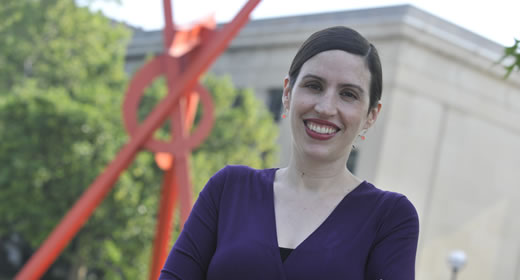
Amy Scott interviews Megan Tompkins-Stange, author of Policy Patrons, for the Marketplace Morning Report segment, “Are powerful philanthropic groups good for education?”
In the book, Tompkins-Stange takes a deep dive into the philosophy and practice of four major foundations that have played an outsized role in the formation of America’s educational policies, including the dramatic growth of charter schools and the widespread adoption of common core standards.
“There’s a philosophical question overarching this book, which is, ‘Should people like Bill and Melinda Gates and the Broads, who just happen to have made a lot of money in the business world, have so much influence over such a fundamental part of public life—education?’" says Scott. “Did you come away thinking this was good for kids, and our democracy?”
Stange replies that there are two sides to the issue. “One is that these philanthropists are providing capital that otherwise wouldn’t be there and, in some ways, they’re creating a lot of change and they’re shaking up a system that’s been stymied for a long time,” she says. “On the other hand, which is more where I fall, I really think that no one, or two, or three, or handful of private individuals, private organizations, should have that much power over any public domain.
Megan Tompkins-Stange is assistant professor of public policy at the Ford School and co-director of the school’s Nonprofit and Public Management Center. She is author of Policy Patrons: Philanthropy, Education Reform, and the Politics of Influence, released by Harvard Education Press on June 1.
